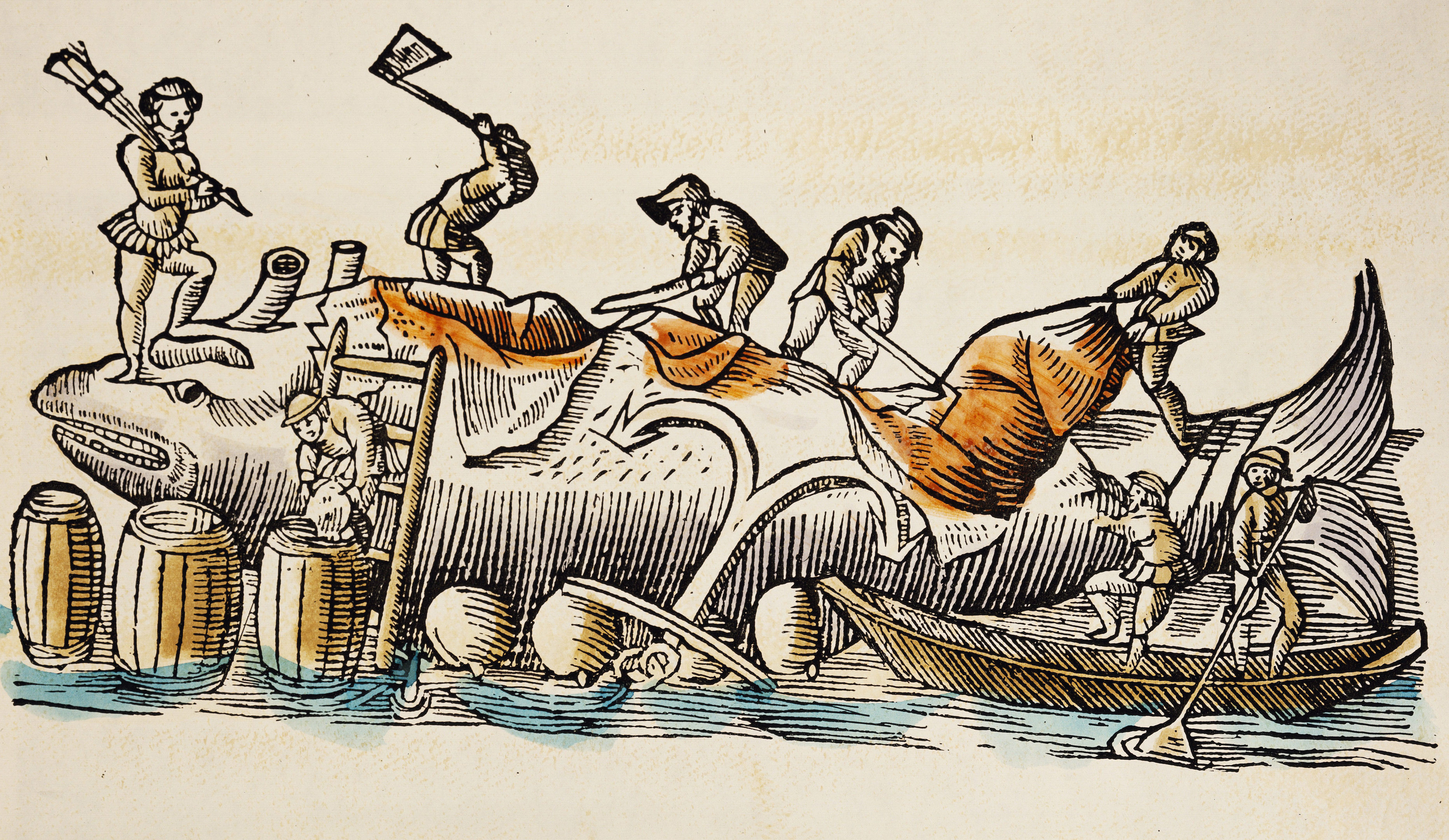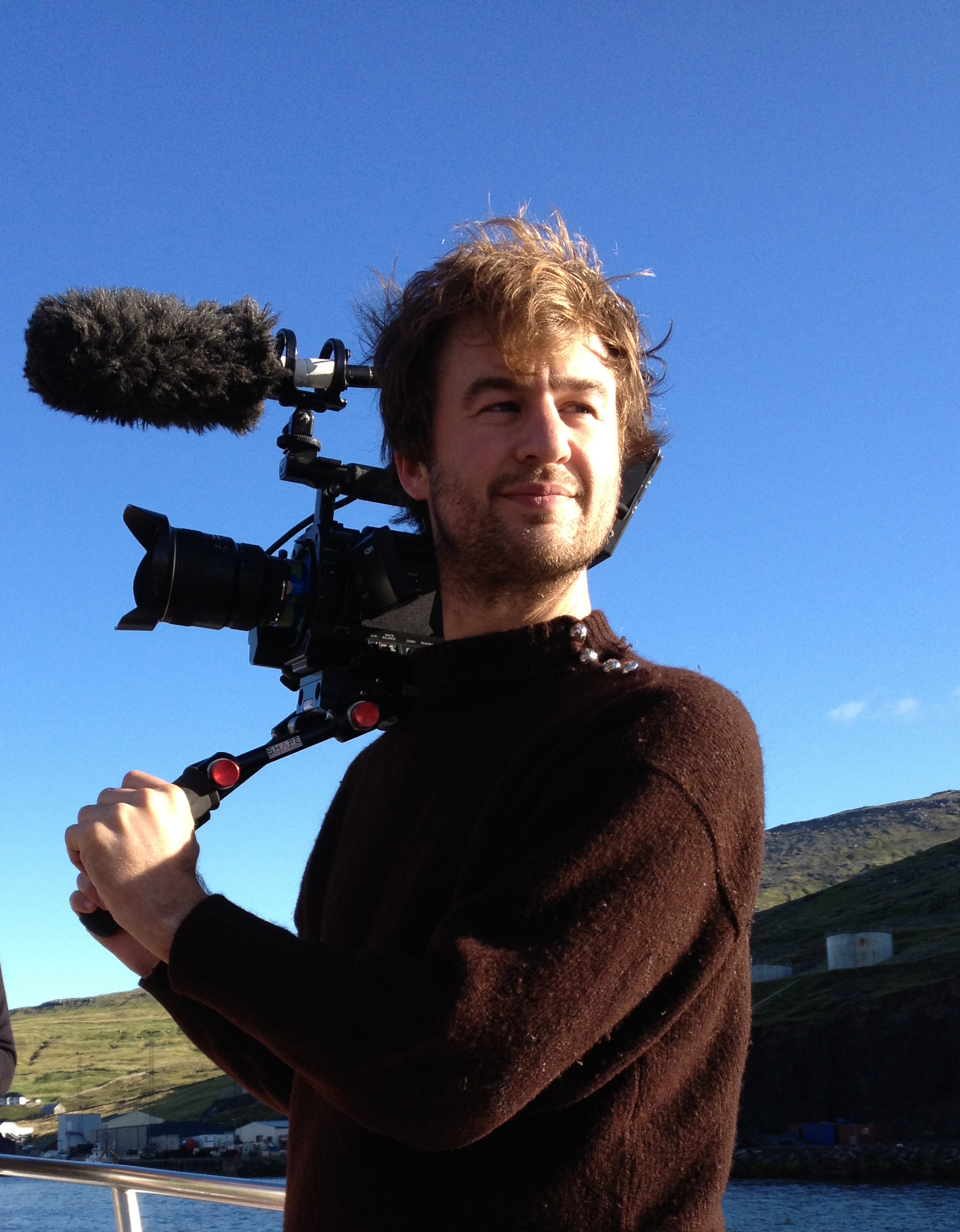
FILM-MAKER Mike Day thought his new documentary would shed light on the controversial whale-hunters of the Faroe Islands.
Instead, he found another story altogether, not one about the islanders but about mankind and the damage we are inflicting on the planet.
In the beautiful but bleak remoteness of the North Atlantic, where the land yields so little, the 48,700-strong population of the Faroes has, for generations, hunted whales and seabirds for the dinner table.
But now that way of life is in danger – not from the controversy surrounding the hunts, but from the toxins the produce now contains.
“There is plastic in the birds and high levels of mercury in the whales,” Mike explained.
“Up to 30 pieces of plastic are often found in the stomachs of the seabirds. The plastic pierces their stomachs and acts like a magnet to pollutants.
“You can see plastic cutlery from the UK in the Faroese birds.
“A local professor made the discovery about mercury in the whales 10 years ago.
“If this is happening up there, where it’s so pristine, it shows how bad and extreme the situation is.
“A philosophical shift is needed. We have to stop creating these pollutants – it’s abhorrent.
“If other countries can ban plastic bags outright, why can’t we? I think governments have to step in.
“We all need to look at how we live with the natural world.
“It’s very easy to ignore the warning signs but I feel we are on a precipice. Our disconnection from nature is dangerous. This film makes us reflect on that and the peril of ignoring the warning signs.”
Dr Pal Weihe, a former whale hunter, discovered in 2008 the high levels of mercury in the pilot whales eaten in the Faroe Islands.
Three years later, it was deemed to be not safe for human consumption and was removed from hospital menus – but plenty of locals continue to eat it.
It means the food that once proved to be their survival is now endangering their health.
Former lawyer Mike, from North Berwick, believes the impending end of a traditional way of life was part of the reason he was allowed access to make The Islands And The Whales, which won the Grand Jury Prize at DOC NYC, one of the largest documentary film festivals in the world.
“I was in a boat in the remote North Atlantic filming my first documentary, The Guga Hunters Of Ness, when a group of Faroese soldiers passed by and we started talking. They liked the way we were telling the guga hunters story, so invited us up.”
But persuading the rest of the community to open up and allow to be filmed took a long time.
“They’re an extremely friendly and hospitable people, but there had been a lot of film-makers prior to us who had told them one thing and did another.
“It took a couple of years to really gain their trust.
“They accepted many people would still hate the issue of whale hunting, but were happy to be judged on the facts.”
Footage of a whale hunt comes early in the film and is not for the faint hearted.
The sea turns blood red as hundreds of men pull dozens of whales to shore using ropes before killing them and distributing the meat.
“It’s not nice at all to see any animal being killed, but there is a danger we forget where meat comes from and a lot of that disconnect is why there is so much waste in our food chain,” Mike said.
“Locals used to eat it three times a week but now it’s once a month.
“To tell them to be vegetarian just isn’t going to happen.
“You can’t really grow crops there and the whales were the main source of vitamins until 100 years ago.
“I think a small amount will continue to whale hunt, as support for it has gone up due to the activists showing up.
“It’s about the battles of holding on to traditions in a modern world.”
The Islands And The Whales’ first screening on March 29 will be followed by a Q&A between Mike and Channel 4 News anchor Jon Snow. It will be simultaneously screened in a number of cinemas ariound the country.

Enjoy the convenience of having The Sunday Post delivered as a digital ePaper straight to your smartphone, tablet or computer.
Subscribe for only £5.49 a month and enjoy all the benefits of the printed paper as a digital replica.
Subscribe